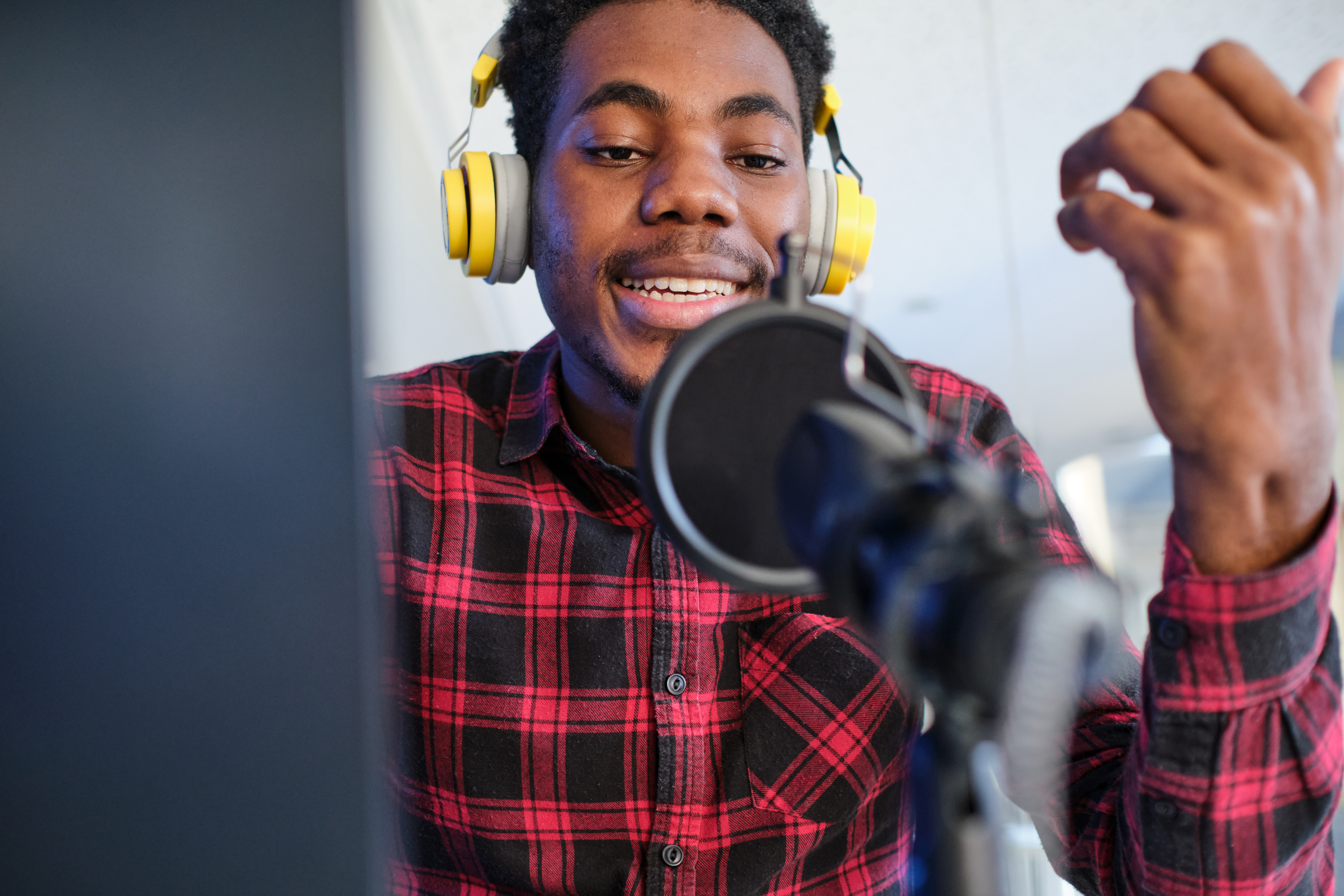
This lesson encourages learners to develop listening comprehension skills while learning about the key traits of being open-minded. The materials provide meaningful language practice and help learners reflect upon open-mindedness, binary thinking, division in society and how we back up and evaluate our beliefs. They invite learners to evaluate how open-minded they think they are, to engage in a discussion about open-mindedness, to share their opinions and to give voice to their experiences.
Lesson outcomes
All learners will:
- listen to a podcast about open-mindedness
- learn four traits of being open-minded and evaluate how open-minded they think they are
- engage in a discussion about being open-minded and binary mindsets and talk about whether open-mindedness is the answer to reduce division in society.
Materials
- Lesson plan
- Transcript
- Presentation
- Audio file
Procedure
- Show Slide 2. Ask the learners to answer the questions in pairs or small groups.
- Conduct some class feedback, encouraging learners to justify their answers.
- Tell the learners that they're going to listen to the first part of a podcast called 'All about minds'. Show Slide 3 and tell the learners they are going to listen and answer three questions:
1) What is it called when we put things into two categories?
2) What happens when we view the world in a limited way?
3) What could be the answer?
- Play audio to 0:59, until the presenter says:
To be open-minded is to listen and consider others' opinions and beliefs that are different from our own. So, are you open-minded?
- Allow learners to share their answers with a partner, then conduct class feedback.
Answers 1) binary thinking/mindset 2) It causes division. 3) open-mindedness
- Show the definition of open-mindedness on Slide 4.
- Ask learners to individually rate how open-minded they think they are from one (not at all) to ten (completely). They should keep this secret.
- Tell the learners that they're going to listen to the rest of the podcast. They listen and take notes on the four traits of being open-minded, what they are and what the presenter says about them.
- Play the audio from 0:59 to the end.
- You might need to play the audio again according to your learners' needs.
- When they check their answers, get the learners to try and summarise from their notes. It's OK if they don't use the exact same words – just the same meaning.
- Show the answers on Slide 5 for them to self-check and compare. Answer any questions they have or give them the transcript to check.
- Ask the learners to consider their open-mindedness rating at the start of the lesson. Now, having listened to the podcast, have they changed their mind? If it has changed, they change their rating (1–10), and if it hasn't changed, they think of reasons why. Give them one or two minutes to really think about this and reflect on what's on Slide 5.
- In pairs or small groups, they share their original rating and their rating now, explaining why. (You can share yours with them, as this will build a more equal, safe and open class.)
- Class feedback could include those learners who don't mind sharing their process with others. If everyone is reluctant, just move to the next stage.
- Set up the discussion on Slide 6 in small groups. Make sure that they keep in mind what was covered in their discussion as they will report to another group.
- Monitor closely, help with language and write any useful/good language on the board for later feedback.
- After about ten minutes (or when the discussion naturally comes to an end), re-group learners so that they are now in a different group to then continue the discussion and report what was talked about in their previous group.
- Give feedback on ideas and language to end the lesson.
Note: Learners may talk about some experiences they or people close to them have experienced. It is vital that we have a classroom that is a safe space (to allow all opinions/voices) and a brave space (respectfully listen and challenge).